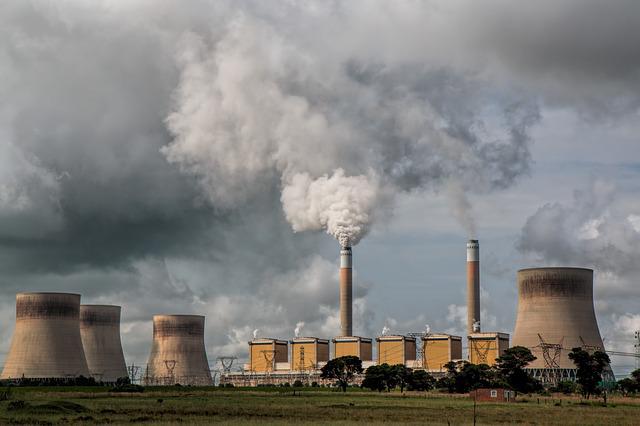Summary:

The Working Group III contribution to the IPCC’s Sixth Assessment Report (AR6) has recently been released, and the conclusions show that the global energy system remains the largest source of CO2 emissions. Accordingly, addressing Climate Change (CC) requires mitigating CO2 emissions from the energy sector below or near zero by 2050. Such systems with no net CO2 emissions are called net zero energy systems. Determining the best energy mix of such net zero system consists in estimating the optimal share of all selected energy resources (renewable, non-renewable). In West Africa, this issue meets another one, about the current lack of access to clean energy. The challenge in the region hence consists in balancing the need for supplying energy to the populations while preserving the local and global social-ecosystems from unsustainable impacts. Net zero emissions will necessarily be part of the shift towards sustainable scenarios for the energy supply system, in particular in West Africa where energy and electricity demand are expected to grow very fast. Accordingly, the proposed research will focus on the development of a multi-model framework for planning contextualized regional scenarios of the energy mix, towards a net zero energy supply system in West Africa.
See the fully detailed postdoc offer
Candidate profile:
PhD in social-ecological modelling with energy and climate dimensions. High programming level is required, in at least one of the main programming languages (C++, Java, Python). Some knowledge in Sustainability Science, as well as fluency in interacting with multiple fields and disciplines would be welcome.
Duration: 24 months
Contact: Benjamin Pillot
